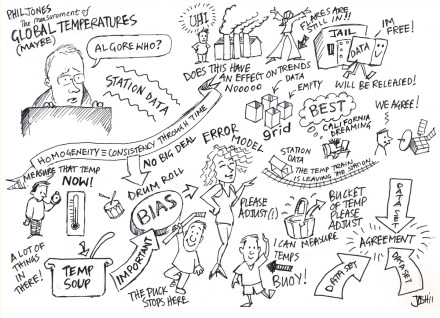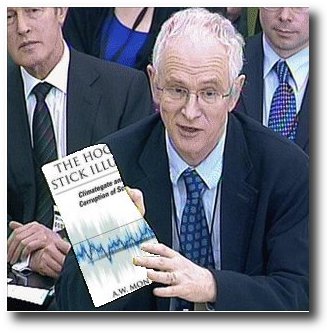 Bishop Hill
Bishop Hill The conference - a summary
 May 11, 2011
May 11, 2011  Climate: Sceptics
Climate: Sceptics  Climate: other
Climate: other I ground to a halt on my live blogging yesterday - a combination of IT issues and frustrations with the conference itself being the cause.
The Howard Trust did a huge public service in getting together the group of people they did, but there were real issues with the format of the event. With the programme already packed, the fact that chairmen had also been asked to make short presentations meant there was almost no time for meaningful questioning of the presenters. On the rare occasions that the Q&A did spark into life the need to move on would bring things to a halt. This was a big issue in terms of developing an understanding of where the differences lie and how readily they might be resolved. There were video cameras in evidence, so you will get the chance to see what I mean. As Vaclav Klaus said in the introduction to his talk, the impression you got was of two groups of people who were talking past each other rather than engaging in a meaningful way.




